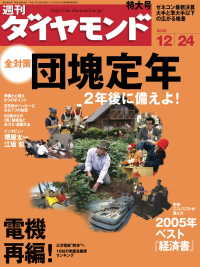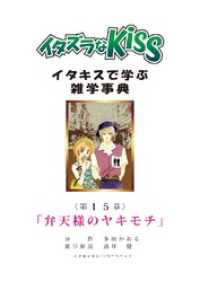Full Description
Successor to Claude Levi-Strausa at the College de France, Philippe Descola has become one of the most important anthropologists working today, and Beyond Nature and Culture has been a major influence in European intellectual life since its publication in 2005. Here, finally, it is brought to English-language readers. At its heart is a question central to both anthropology and philosophy: what is the relationship between nature and culture? Culture - as a collective human making, of art, language, and so forth - is often seen as essentially different than nature, which is portrayed as a collective of the nonhuman world, of plants, animals, geology, and natural forces. Descola shows this essential difference to be, however, not only a specifically Western notion, but also a very recent one. Drawing on ethnographic examples from around the world and theoretical understandings from cognitive science, structural analysis, and phenomenology, he formulates a sophisticated new framework, the "four ontologies" - animism, totemism, naturalism, and analogism - to account for all the ways we relate ourselves to nature.
By thinking beyond nature and culture as a simple dichotomy, Descola offers nothing short of a fundamental reformulation by which anthropologists and philosophers can see the world afresh.
-

- 電子書籍
- グランマの憂鬱 分冊版 28 ジュール…
-

- 電子書籍
- キスは運命の味【分冊】 9巻 ハーレク…
-

- 電子書籍
- 週刊ダイヤモンド 05年12月24日号…
-

- 電子書籍
- イタズラなKiss~イタキスで学ぶ雑学…
-

- 電子書籍
- AKB49~恋愛禁止条例~(20)



